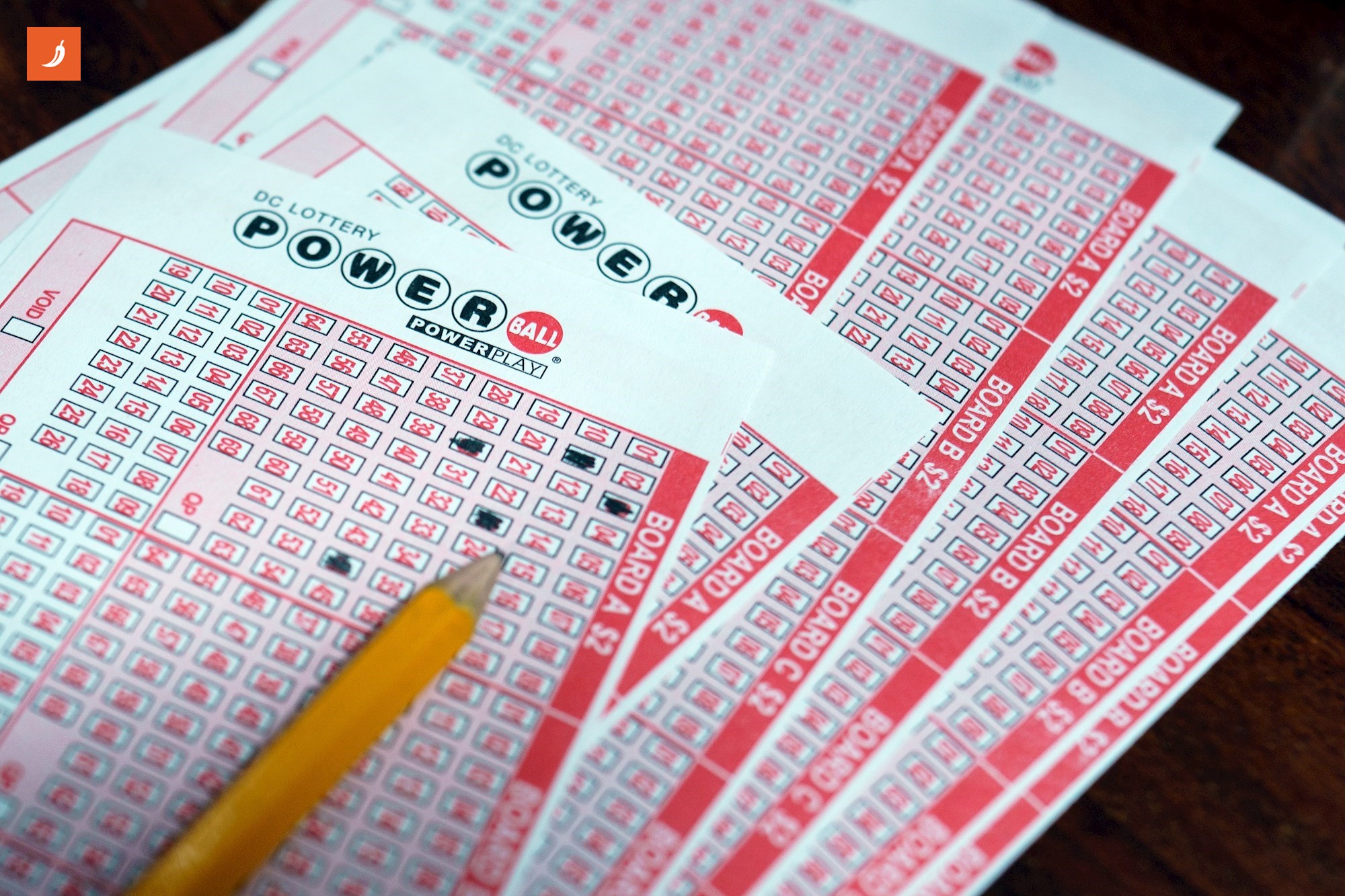Articles about traits of people raised by controlling parents highlight the long-term psychological consequences of such parenting style. Left-leaning sources emphasize emotional and social issues such as insecurity, constant need for validation, conflict avoidance, and trust difficulties. Centrist sources focus on psychological mechanisms and advice for overcoming these issues through self-development and therapy. Right-leaning sources often stress the importance of self-discipline and responsibility but acknowledge that excessive control can lead to stress and anxiety. All sources agree that support and self-work are key to overcoming the negative effects of controlling parenting.
Political Perspectives:
Left: Left-leaning sources emphasize the emotional and social difficulties faced by individuals raised by controlling parents, such as insecurity, dependency on external validation, avoidance of conflicts, feelings of guilt, and challenges in forming trusting relationships. They highlight the psychological harm and advocate for empathy and therapeutic support.
Center: Centrist sources provide a balanced view focusing on the psychological mechanisms behind these traits, such as learned behaviors and emotional repression. They stress the importance of self-awareness, therapy, and personal growth to overcome the negative impacts of controlling parenting.
Right: Right-leaning sources acknowledge the importance of discipline and responsibility but warn that excessive parental control can cause stress, anxiety, and hinder independence. They emphasize the need for balance between guidance and freedom, and encourage individuals to develop resilience and self-control.









































